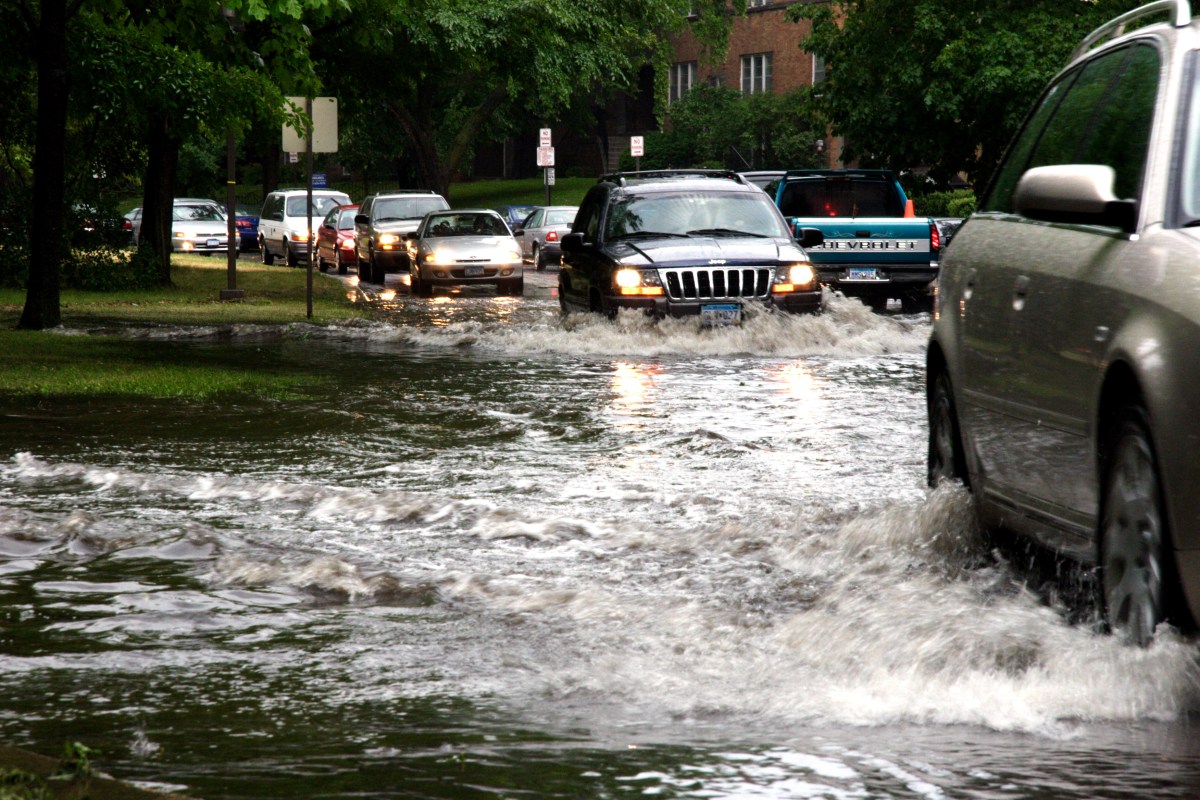Add human biology to the growing number of effects global warming will have on our planet.
That’s according to a new study out of Japan that found climate change could alter the proportion of male and female newborns; with more boys born in places with higher temperatures and fewer boys born in places suffering from drought or wildfire caused by global warming, CNN reported.
The authors of the study also looked at how external factors brought on by climate change might affect the ratio. They saw that after a number of earthquakes over the years in Japan, the proportion of male babies born declined by between 6% and 14% from the year before each given disaster.
Stress stemming directly from “climate events caused by global warming” might also affect the sex ratio, Fukuda wrote to CNN in an email, though the scientists aren’t sure how, exactly, stress affects gestation.
Worldwide, the newborn sex ratio averages 103 to 106 males born for every 100 females, Ray Catalano, a professor in the school of public health at the University of California, Berkeley, explained to CNN.
In part, this is a result of the fact that a male infant is “a relatively frail organism,” he said. “For every society, for every year, the human being most likely to die [prematurely] is male infants. And that’s true for every society that we have data for.”
The reasons why are not understood, but some scientists believe that boys are biologically weaker and more susceptible to diseases and premature death — leaving the possibility for greater male-to-female disparity wide open in the age of climate change.
Thanks for reading InsideHook. Sign up for our daily newsletter and be in the know.


















